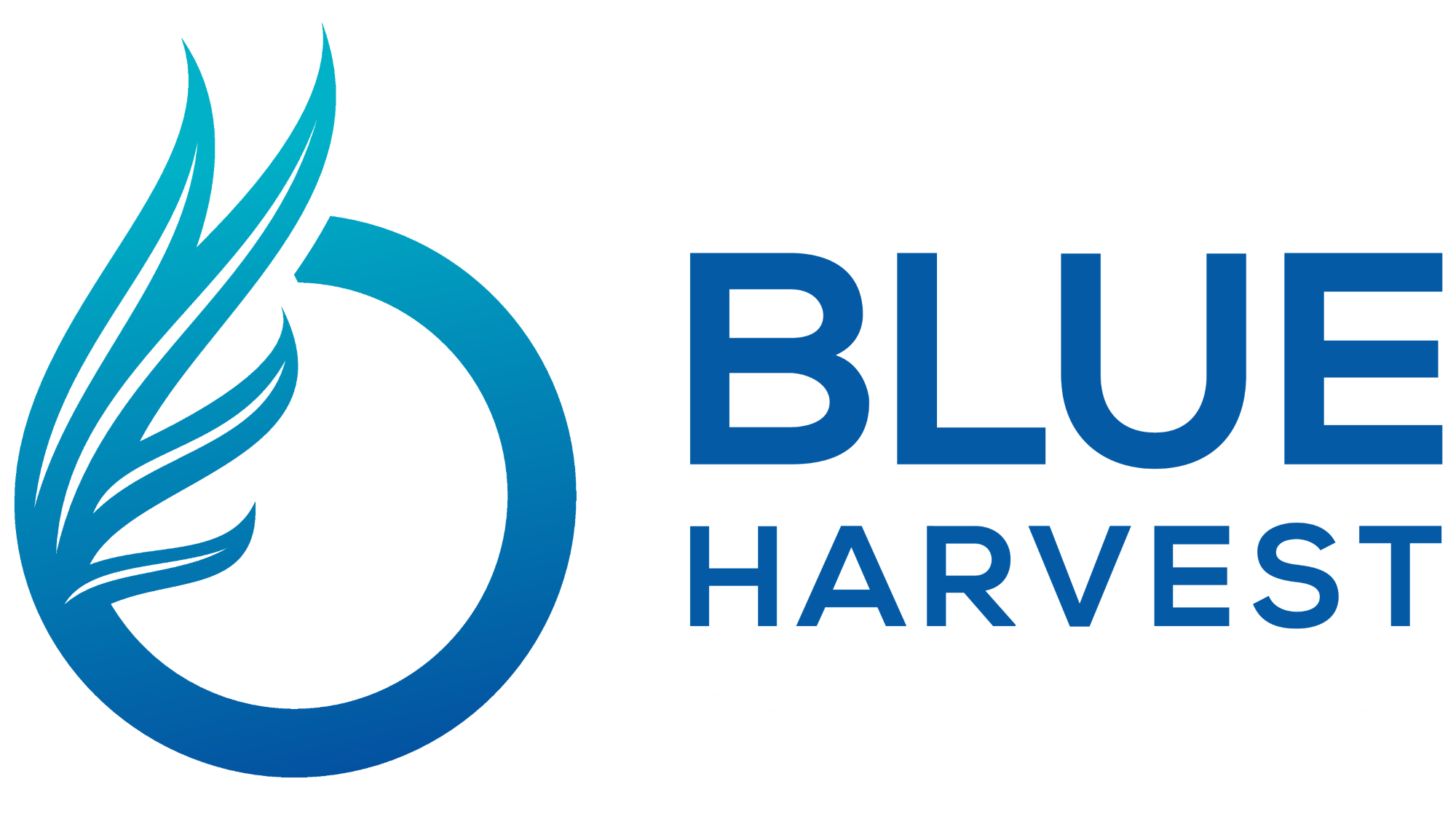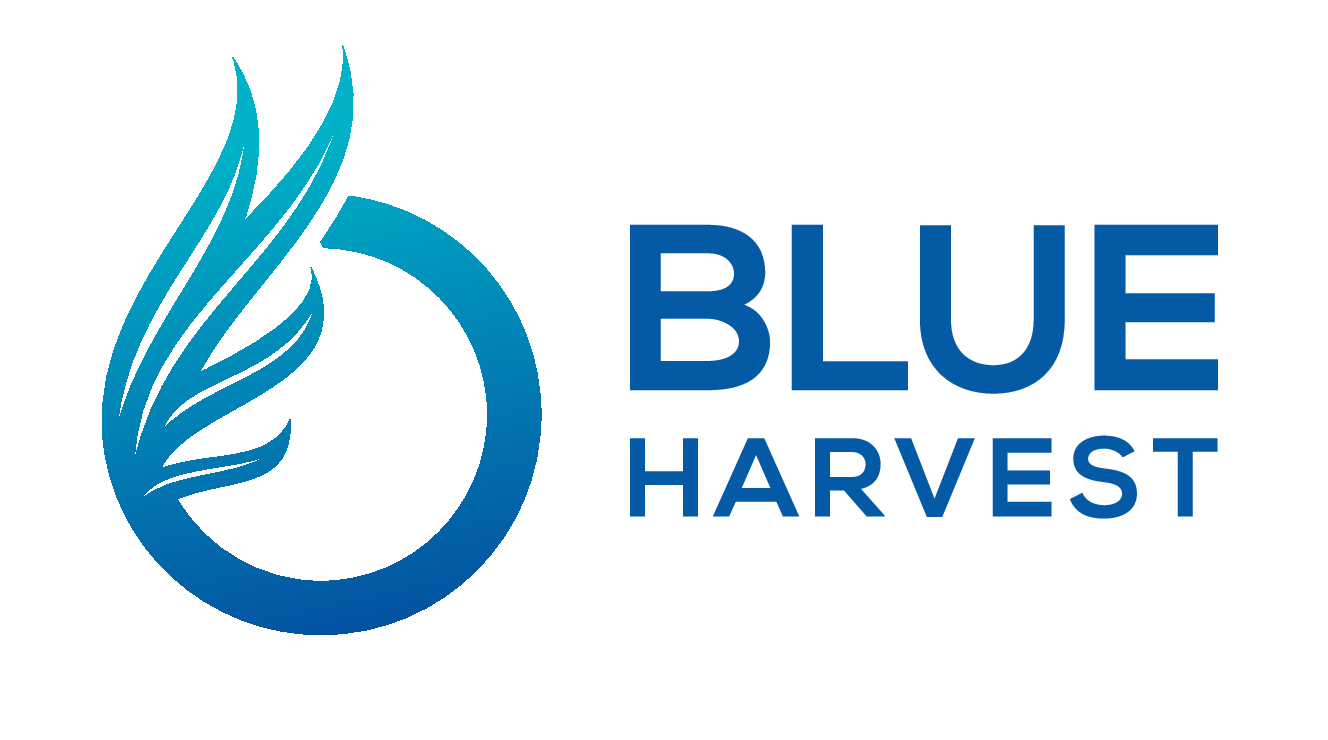
TECHNOLOGY SOLUTIONS FOR NOVEL AQUACULTURE

TECHNOLOGY SOLUTIONS FOR NOVEL AQUACULTURE

TECHNOLOGY SOLUTIONS FOR NOVEL AQUACULTURE
Farming the ocean
Farming the ocean
Seaweed cultivation is a subject that many people are interested in because it opens up new venues to solve many of our problems related to production of raw materials and food. Gloomy predictions about food shortages and resource depletion have all been put to shame by advances in technology, which have made agriculture ever more efficient, and pushed the limit of production and resource exploitation to new heights. It is a great example of how technology is the key to solve problems.
All the nutrients that we put into our industries on land eventually end up in the ocean, too dissolved to be useful to us, too difficult and costly to recover and also changing the environment. Seaweed farming is a way of creating a filter to soak the nutrients up in the environment and close the loop, benefiting both the environment and human purpose. Cultivating the ocean is a logical step for securing the raw materials that we need for the future.
All the nutrients that we put into our industries on land eventually end up in the ocean, too dissolved to be useful to us, too difficult and costly to recover and also changing the environment. Seaweed farming is a way of creating a filter to soak the nutrients up in the environment and close the loop, benefiting both the environment and human purpose. Cultivating the ocean is a logical step for securing the raw materials that we need for the future.
Agriculture has been developed through thousands of years from the most primitive state, to today's hyper advanced, mechanized and high tech industry. The plants that are used have undergone a profound and human guided evolution, from the primeval state to the highly productive, super yielding miracle plants that we have today. They have in fact become so specialized that they wouldn't be able to survive in nature today, they need us as much as we need them.
Seaweed cultivation is a brand new industry in the west, and the species are still in a primitive state, but we don't have to wait thousands of years for it to catch up. With technology we can speed things up, and the ball is already rolling. Seaweed cultivation is admittedly more expensive and difficult than any plant cultivation today, but that could soon change. The potential for seaweed and other low trophic species is immense, we haven't even scratched the surface yet.
Agriculture has been developed through thousands of years from the most primitive state, to today's hyper advanced, mechanized and high tech industry. The plants that are used have undergone a profound and human guided evolution, from the primeval state to the highly productive, super yielding miracle plants that we have today. They have in fact become so specialized that they wouldn't be able to survive in nature today, they need us as much as we need them.
Seaweed cultivation is a brand new industry in the west, and the species are still in a primitive state, but we don't have to wait thousands of years for it to catch up. With technology we can speed things up, and the ball is already rolling. Seaweed cultivation is admittedly more expensive and difficult than any plant cultivation today, but that could soon change. The potential for seaweed and other low trophic species is immense, we haven't even scratched the surface yet.
Kelp forests have been receeding for the last 30 years, and have all but disappeared from some areas. Kelp forests are extremely important because of the many species that live there and depend on it. When their habitat disappears so does the entire food chain and the diversity of species along with it. Seaweed cultivation leads to more resources being invested in knowledge and understanding of algae and marine environments. We hope that this will lead to better technology that will help us improve the underwater environment, restore the wild kelp forests and bring back the valuable biodiversity that has served us for so long.
Blue Harvest Technologies is committed to developing new technology to achieve these goals, and to make the seaweed industry efficient and profitable. We present our newly developed prototype which was demonstrated in Lofoten in June 2024.


